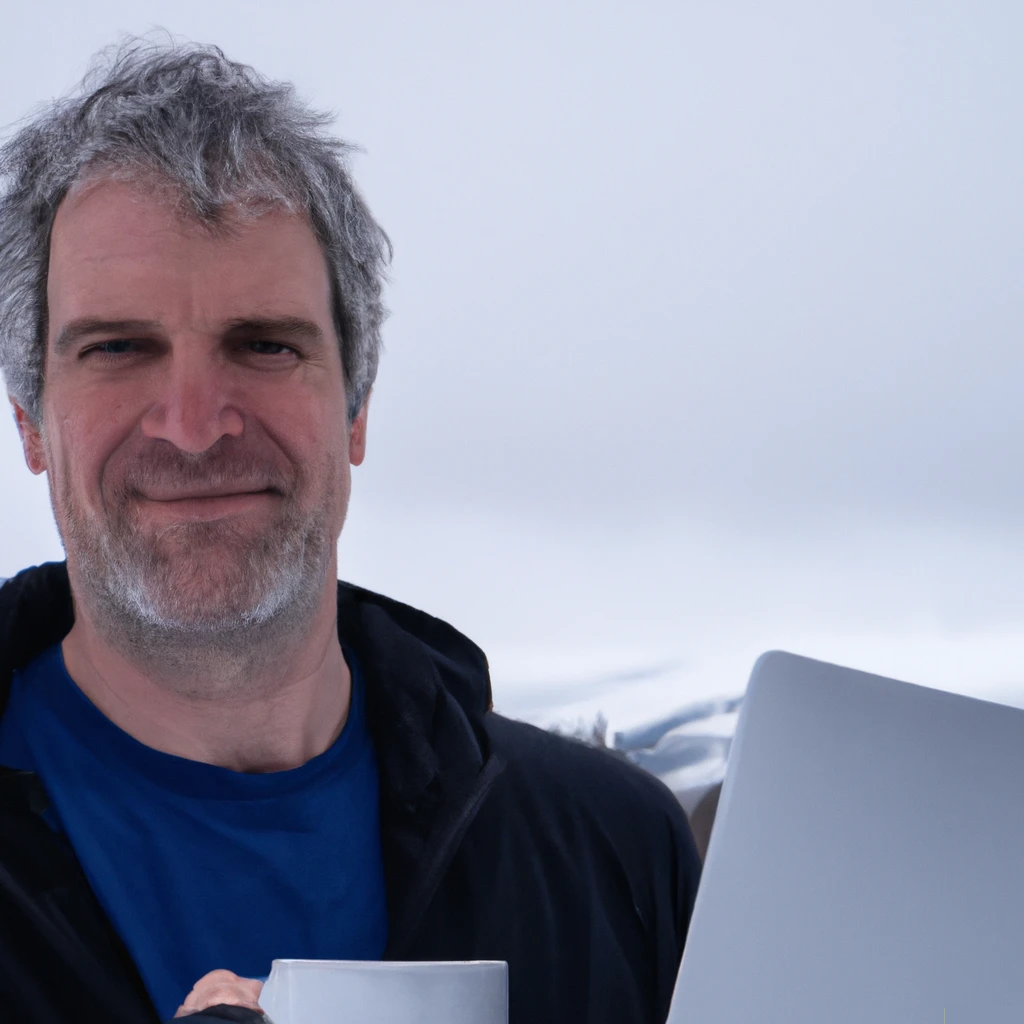

Sounds like a bad idea to announce when the hardware will be moving. We’ve seen past weapons transfers announced to be happening “soon” though they’ve already occurred. They may well already be in Ukraine.
New Yorker navigating the labyrinth of telecom with a knack for enterprise networking. Python and Linux aficionado, Apple devotee. Currently leveling up in the realm of DevOps. A Yankees enthusiast in my downtime 🌐🚀


Sounds like a bad idea to announce when the hardware will be moving. We’ve seen past weapons transfers announced to be happening “soon” though they’ve already occurred. They may well already be in Ukraine.


The King of Jordan
fascism
I’m not sure that this is surprising coming from Jordan, but he’s a monarchist not a fascist.


Why should Western nations continue to open their arms to those who persecute Christians arbitrarily for their faith? No one should live in fear of the state due to their beliefs. This drift toward fascism is alarming, and it strays significantly from the principles of tolerance and mutual respect that our forefathers advocated.


Lol I will not purchase a Tesla out of principle. I get your point though. It feels like we have some ways to go before the used EV market is actually competitive, but I am hopeful for the future.


Your points are well-made, yet they lean heavily on historical precedent while missing recent dynamics. Although past foreign interference is notable, current geopolitics require fresh evidence to assert foreign involvement. Africa is indeed a growing geopolitical theatre, but the narrative isn’t solely about external actors - the agency of African states and citizens plays a crucial role. Dismissing them risks oversimplifying the complex reality.


I haven’t purchased an EV because they’re more expensive than an equivalent ICE vehicle. My current vehicle cost me $2,500 USD. My hope is that the used EV market continues to expand while economies of scale push prices down.


It’s crucial to remember that Niger is a key western ally in the fight against Islamist militancy in West Africa. Therefore, direct involvement from countries such as the KSA, China, or Russia seems less likely, as it would conflict with their international relations and objectives.
While it’s conceivable that non-state actors could have a hand in the unrest, available information doesn’t provide concrete evidence for this claim. It’s also worth noting that jihadist groups in the region are not homogenous, and often have differing interests, making their involvement in political coups complicated and less probable.
However, you rightly point out that these situations are rarely as simple as they appear. The truth may well be a mix of local grievances and foreign influences, given the complex and interconnected nature of global politics. Until there’s more information, though, any assertions remain largely speculative.


In the geopolitical context of West Africa, this attempted coup highlights the recurrent destabilizing elements that persist in the region. The instability, primarily fueled by jihadist insurgencies, external powers, and internal grievances, significantly hinders democratic progress and socio-economic development. Niger, like its neighbors, Mali and Burkina Faso, finds itself in a precarious situation, walking a fine line between international alliances, internal political dynamics, and threats from non-state actors. This event calls for an in-depth academic exploration into the cyclical nature of power struggles in post-colonial states, specifically examining how external interventions, both past and present, intersect with domestic power dynamics.


Domain registration ≠ internet security. Root of trust is in cryptographic keys, not domains. DNS is not the security cornerstone you make it out to be. PKI says hi!


The Egyptian government is no friend of Liberty.


I agree. It would be one thing if they advertised symmetric speeds, but they aren’t. The FCC will also have cable companies labeling internet plans with these soon. This seems like a nonissue.


What are the “actual speeds?” They’re selling 10gbps circuits so I don’t really see a problem with this.
This article talks about low upload speeds on existing infra and completely ignores the fact that the limitations they spell out are a factor of extremely limited upload spectra on traditional DOCSIS networks. This is a problem with the technical standard, not the carriers (which have their own problems)
The funniest part is that the DOCSIS4.0 spec is addressing this limitation yet here we are.

Is node over subscription a problem? Absolutely. But I don’t think the root of that problem is the marketing department.
I would not put much stock in this article because they are either uninformed on what they’re reporting on, or intentionally telling half truths. There are enough reasons to hate cable companies, we don’t need to invent new ones.


This is the new DOCSIS4.0 network. I really don’t understand how it is as contentious as everyone makes it out to be. It’s a new standard allowing for faster speeds.
Great work! This is my mobile wallpaper now 😊


Microsoft’s new version of Clippy: ‘It looks like you’re trying to obscure a major security breach. Can I assist you with euphemisms?’
sudo rm -rf /naughty/list
I hope Santa uses version control! 🎅💾🔥


The Fediverse has a solution already: pixelfed!
Would we actually know if he was dead considering the widespread prevalence of misinformation from Russia and the capabilities of AI-generated falsehoods?